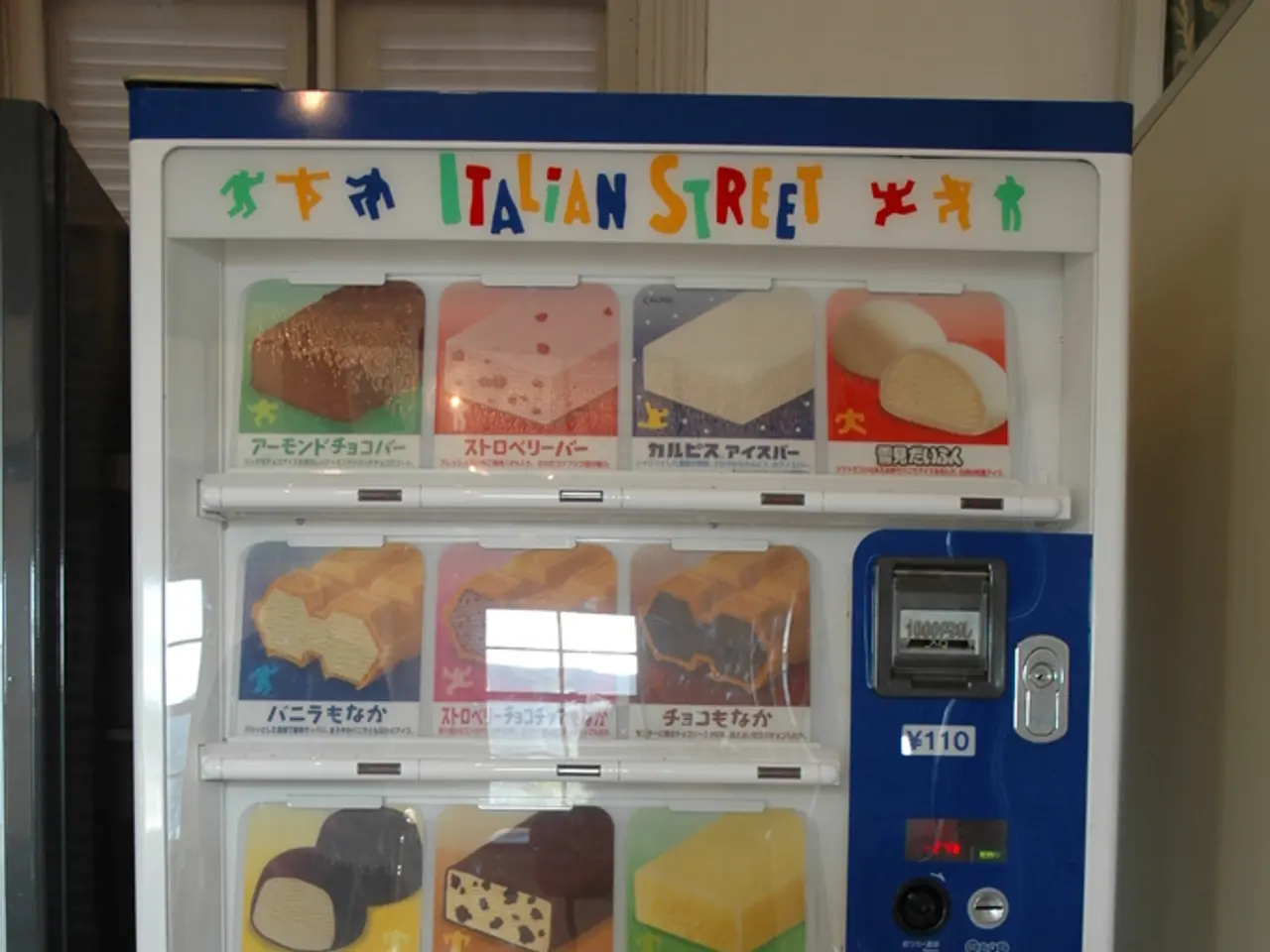Token-Based System in Therapy and Education: An Explanation of Its Concept and Applications
The token economy is a behavioral intervention that uses a system of rewards to reinforce desired behaviors, predominantly in educational and therapeutic settings. This technique, based on B.F. Skinner's self-reinforcement concept of operant conditioning, has proven effective in promoting positive behavioral changes and decreasing undesirable behaviors.
In education, particularly in classroom settings, teachers distribute tokens (such as stars or points) when students demonstrate target behaviors, like completing assignments or following rules. Students accumulate these tokens and trade them for bigger rewards, reinforcing ongoing positive behavior management.
In therapy, especially Applied Behavior Analysis (ABA) for individuals with developmental challenges like Autism Spectrum Disorder (ASD), token economies help sustain motivation without relying solely on primary reinforcers (food, comfort). Tokens are paired with meaningful backup reinforcers tailored to the individual's preferences, making them flexible, practical, and effective across various environments (home, school, therapy center) to promote skill acquisition, manage challenging behaviors, and encourage independence (chores, self-care).
Key features of token economies in these contexts include immediate reinforcement through tokens paired with backup reinforcers, increasing behavior frequency. Defined target behaviors are clearly explained to learners, and there is a systematic tracking and exchange mechanism, ensuring tokens can be traded for meaningful rewards. Transition from continuous to variable reinforcement schedules maintains behavior long-term, and the system is adaptable to individual needs and settings, promoting behavior generalization and maintenance.
Token economies are used in controlled environments, such as schools, psychiatric hospitals, and rehabilitation centers, to promote positive behavioral changes and decrease undesirable behaviors. In addiction treatment centers, token economies are used to reinforce positive behaviors and discourage substance use, with rewards like recreational activities, snacks, or financial incentives. In therapy for children, token economies are used to encourage desirable behaviors and discourage negative ones, with rewards such as extra playtime, stickers, or a special treat.
In special education classrooms, token economies are used to encourage students to engage in academic tasks and follow routines. In psychiatric hospitals, token economies are used to improve behavior and encourage participation in therapeutic activities, with rewards like a longer visit with family members, extra time outdoors, or access to entertainment options. Token economies are also used to help children develop and reinforce social skills, with rewards like being allowed to choose a group activity or receiving compliments from peers.
The system allows for flexibility in selecting rewards, ensuring that they are meaningful and motivating for each individual. This customizability is crucial in maintaining the effectiveness of the token economy and in ensuring the continued reinforcement of desired behaviors.
In conclusion, the token economy functions by combining conditioned reinforcement principles with structured reward systems to effectively modify and increase desired behaviors in education and therapeutic behavior interventions. The success of this method lies in its ability to provide immediate and consistent positive reinforcement, offering a practical and adaptable solution for promoting positive behavior change.
[1] Token Economy Systems: An Overview [2] Using Token Economy Systems in Classrooms [3] Token Economy Systems in Therapy [4] Token Economy Systems for Substance Abuse Treatment [5] Token Economy Systems for Autism Spectrum Disorder (ASD) Interventions
- Token economies, grounded in psychology principles like operant conditioning, have been implemented not only in educational settings, promoting positive behavior management through rewards, but also in therapy sessions for individuals with developmental challenges, using backup reinforcers tailored to the person's preferences to motivate skill acquisition.
- In self-development, token economy systems, when customized for each individual's needs and motivations, offer an effective strategy for reinforcing and sustaining desired behaviors, across diverse environments such as schools, therapy centers, rehabilitation facilities, and even addiction treatment centers.




